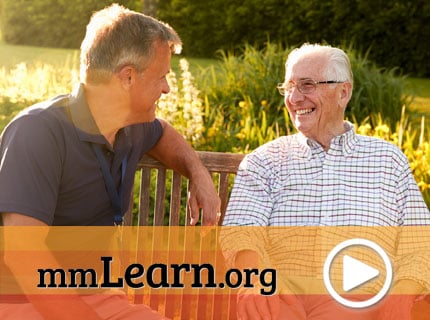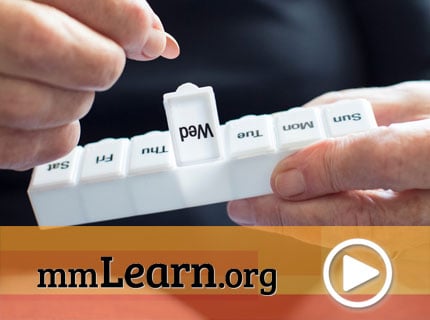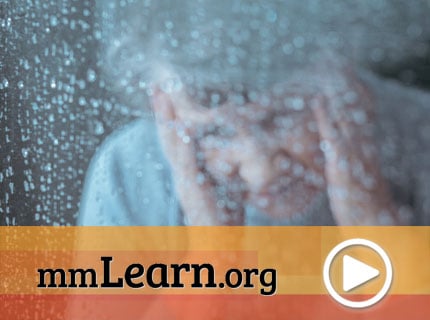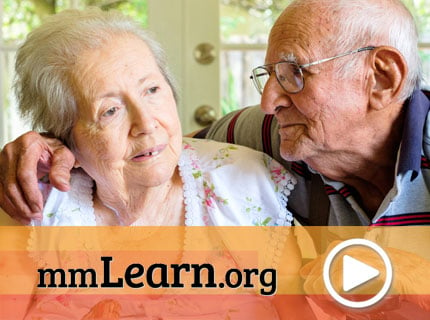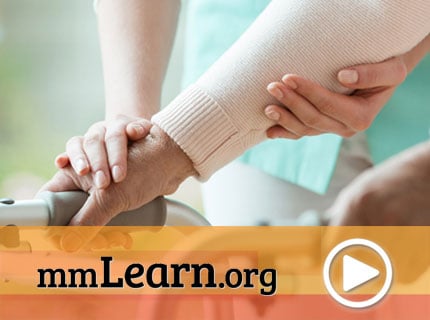Urinary tract infections are a common issue, especially among seniors who are beginning to present with signs of dementia. In this video, urologist Dr. David Talley describes the signs, symptoms and diagnoses of urinary tract infections, with a focus on the effect of UTIs on people with dementia.
WatchFeatured Videos
Combating Loneliness in Seniors
Presenter: Dr. Thomas Weiss, Geriatric Psychologist
Loneliness can be described as the discrepancy between a person's desired and actual social relationship. It's a unique situation in which a person perceives themselves to be socially isolated even when...

